20-Year Benefit from Endocrine Therapy in Premenopausal Patients with Breast Cancer
Two years of adjuvant endocrine therapy in ER-positive premenopausal patients with breast cancer proved beneficial at long-term follow-up at 20 years, based on a secondary analysis of the Stockholm trial published in Journal of Clinical Oncology.
As part of Stockholm, 924 premenopausal patients were randomly assigned to one of four groups for 2 years: 3.6 mg subcutaneous goserelin once every 28 days; 40 mg oral tamoxifen once daily; combined goserelin and tamoxifen; or no adjuvant endocrine therapy (controls).
In 2020, the researchers performed primary tumor immunohistochemistry and gene expression profiling on 731 and 586 patients, respectively.
Combination therapy with goserelin and tamoxifen yielded no benefit over treatment with either agent individually.
According to principal investigator Annelie Johansson, MSc, PhD, of the Karolinska Institute, Stockholm, the survival proportions at 20 years were 71.6%, 66.0%, 67.1%, and 59.7% for patients randomly assigned to goserelin, tamoxifen, the combination, or control, respectively.
Analyses from 584 ER-positive patients showed significantly improved long-term distant recurrence-free interval of 0.49 for goserelin, 0.57 for tamoxifen, and 0.63 for combination therapy. Significant goserelin-tamoxifen interaction was also observed.
Genomic stratification revealed that patients at low genomic risk (n=305) benefitted significantly from tamoxifen. Conversely, genomic high-risk patients (n = 158) benefitted from goserelin therapy.
The research suggests a long-term benefit from 2 years of adjuvant endocrine therapy in ER-positive premenopausal patients.
“Furthermore, long-lasting benefit from tamoxifen in genomic low-risk patients with steady long-term risk of distant recurrence is observed, whereas genomic high-risk patients with early risk benefit from goserelin. For patients unable to endure 5 years of endocrine therapy, the significant benefit from 2 years of treatment as seen in this study could be helpful for both patients and clinicians,” Johansson and colleagues wrote.
--
Reference:
https://ascopubs.org/doi/full/10.1200/JCO.21.02844?bid=188486727&cid=DM11130
Disclosures: Authors declared financial ties to drugmakers. See full study for details.
Photo Credit: Getty Images.
By Michael Vlessides, MD /alert Contributor
.jpg)

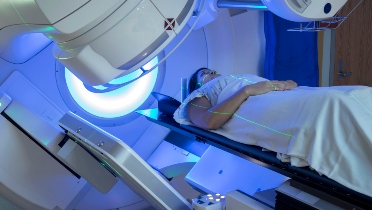








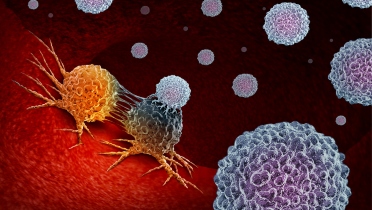

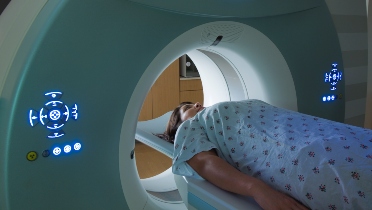


.jpg)

.jpg)

.jpg)


.jpg)
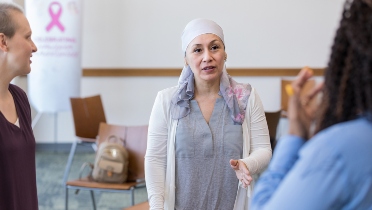
.jpg)
.jpg)
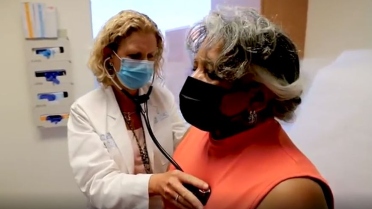
.jpg)
.jpg)
.jpg)

.jpg)

.jpg)

.jpg)

.jpg)
.jpg)
.jpg)
.jpg)

.jpg)
.jpg)
_.jpg)
.jpg)

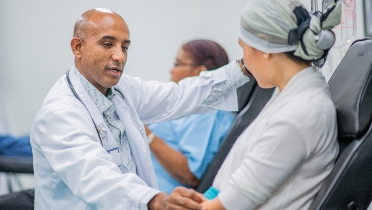
.jpg)
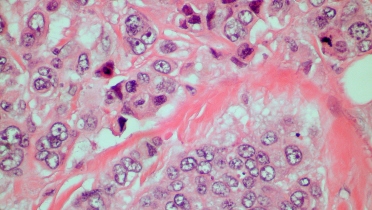
.jpg)
.jpg)
.jpg)
.jpg)
.jpg)
.jpg)
.jpg)

.jpg)
.jpg)
.jpg)
.jpg)
.jpg)
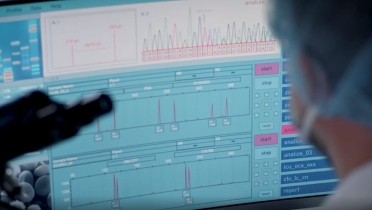
.jpg)
.jpg)

.jpg)
.jpg)
.jpg)
.jpg)

.jpg)


.jpg)
.jpg)

.jpg)

.jpg)
.jpg)
.jpg)

.jpg)
.jpg)
.jpg)
.jpg)
.jpg)
.jpg)
.jpg)
.jpg)


.jpg)
.jpg)
.jpg)
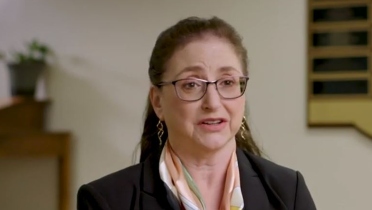
.jpg)
.jpg)
.jpg)
.jpg)
.jpg)

.jpg)
.jpg)
.jpg)
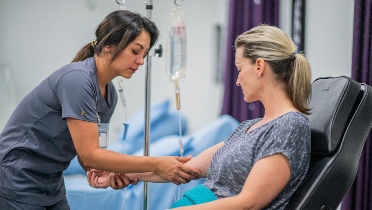

.jpg)
.jpg)
.jpg)
.jpg)
.jpg)
.jpg)
.jpg)

.jpg)
.jpg)

.jpg)
.jpg)

.jpg)
.jpg)
.jpg)
.jpg)
 Featured Breast Cancer Videos
Featured Breast Cancer Videos.jpg)